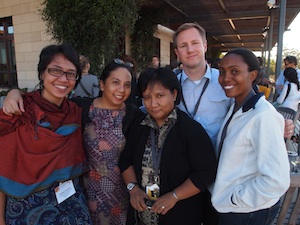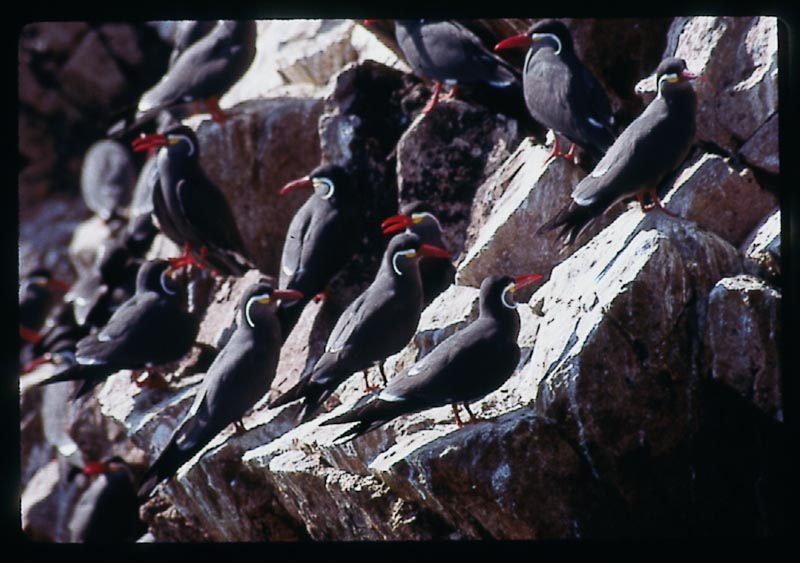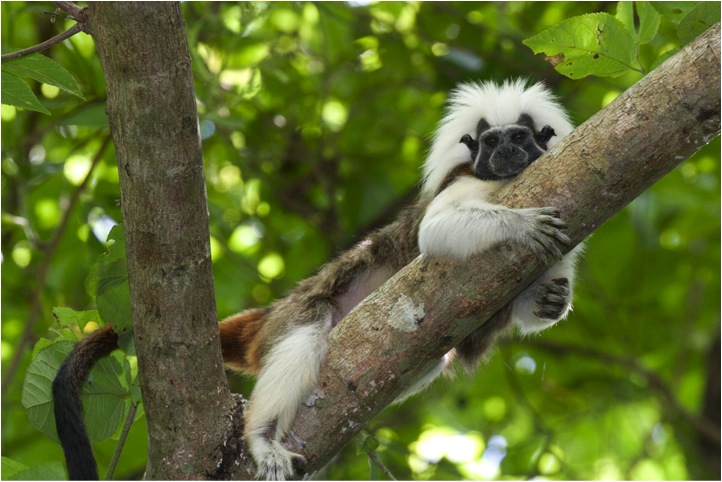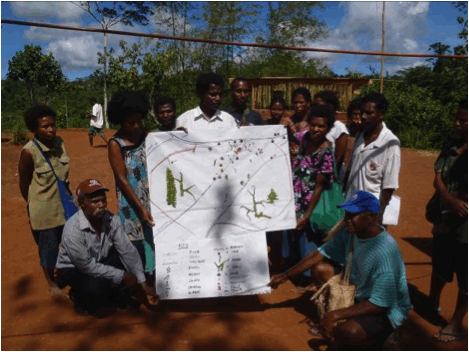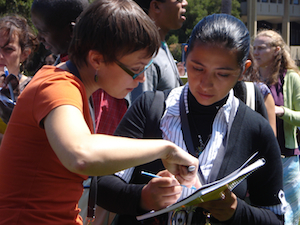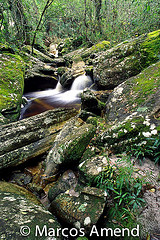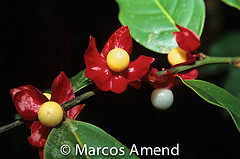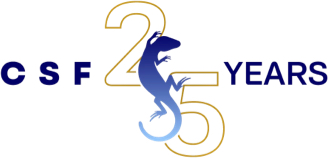News
Thanks to World Wildlife Fund's Russel E. Train Education for Nature (EFN), nine environmental professionals from seven countries were awarded the opportunity to attend this month’s international Economic Tools for Conservation course at Stanford University. EFN provides financial support to professionals and organizations worldwide for higher education, short-term training, and practical mentoring programs.
Carlos Soria was among the first 22 conservationists to receive his economics education from CSF, back at our first course in 1999. The Peruvian lawyer was named this month as the new General Secretary of Peru's entire collection of national protected areas. Carlos has distinguished himself over the years at the Instituto del Bien Común (IBC), in the national ombudsman's office (Defensoría del Pueblo) and other key positions. As head of SERNANP (the Spanish acronym for the park service) he will oversee 73 nationally protected areas covering around 15% of the country's territory. They span a wide diversity of habitats, from Amazon jungles to high Andes reserves and marine parks.
Proyecto Tití is a Colombian non-profit that integrates wildlife and forest preservation with education and community development. Proyecto Tití’s work centers around the cotton-top tamarin monkey, Colombia’s cutest, but most threatened, primate.
After attending Conservation Strategy Fund's Economic Tools for Conservation course in 2009, Theresa Kas visited the small village of Sohoneliu in her home country of Papa New Guinea. Once she arrived, she realized much of the forest had been depleted to the extent wild animals were no longer hunted and the river was full of sediment and pollution from the local quarry. Theresa took the initiative and began meeting with the local community where many had converted precious forests into farmland. Using the skills she had acquired from the training course at CSF, she conducted a Cost Benefit Analysis to evaluate the true cost of these unsustainable practices. They soon realized that the true economic cost was far greater than the benefit of the harvest and quarry development.
CSF-Brazil analyst Fernanda Alvarenga returned to the Southern Amazonas state last week to help locals complete business plans to sustainably use forest resources. The technical assistance sessions followed a business plan training delivered with CSF's Leonardo Fleck and partners from the FORTIS consortium.
Each year conservation professionals from around the world join Conservation Strategy Fund for a two-week course where they learn to use economics to be more strategic and successful in their work. This year students will be coming from 12 countries and 5 continents to participate in this one-of-a-kind course being held August 15th-26th at Stanford University. Watch the video below to find out more about the course and what participants from last year plan to do with what they learned. You may also click here to watch it on our You Tube site.
Learn how the calculation of financial incentives protects nature.
For the full article (in Portuguese), please click the link below:
http://planetasustentavel.abril.com.br/noticia/ambiente/quanto-ganha-qu…
On March 29th and 30th, 2011, CSF Brazil Technical Manager Leonardo Fleck led a conservation economics workshop at an event organized by the TEEB initiative (The Economics of Ecosystems and Biodiversity) from the United Nations Environment Program. The event was held in Corrientes, Argentina, and was co-sponsored by the Avina Foundation. The workshop aimed to promote the use of economics in environmental conservation with a focus on climate change. The workshop was attended by 80 participants from various governmental and non-governmental organizations, including representatives from Argentina, Chile, Bolivia, Brazil, Uruguay, Paraguay and Bolivia. Leonardo taught principles of microeconomics, environmental valuation and cost-benefit analysis.
Dear CSF Course graduate,
How has economics helped you protect nature?
Have you used the tools you learned in your CSF course in your work?
Tell us your story, and we will help you share it with the CSF community and the world. The author of the best story will win a brand new Apple iPad!
For the full details, click here.
John Reid discusses California's Proposition 23 and what it would mean for the fate of rain forests in an op-ed featured in Santa Rosa's Press Democrat. "California has always led on environmental policy, but never in the wrong direction." To read the article, click here.

